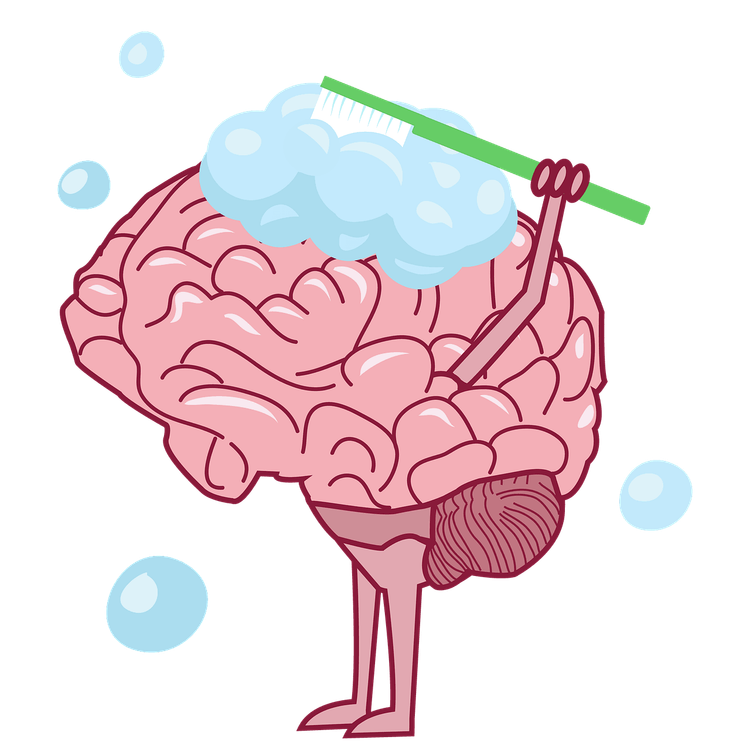Generative AI is making headlines across various platforms—from news outlets to social media and corporate earnings calls. Tech CEOs are engaging with government officials to discuss regulations surrounding this transformative technology. Ashiq Rahman, an AI strategist at Kimberly-Clark Corp., addressed these developments during his presentation at the Applied Intelligence Live! conference in Austin, Texas, emphasizing the prevailing "fear of missing out" among organizations.
However, the real question remains: how valuable is generative AI for enterprises? Rahman aimed to clarify this point, asserting that generative AI can indeed provide companies with a competitive advantage. He likened its potential to billionaire investor Warren Buffett’s notion of a "moat," which symbolizes a unique competitive edge. In the realm of AI and machine learning, he posited that "quality" data serves as this vital moat.
Rahman compares the current state of generative AI to the early days of the abacus—rudimentary and limited—before advancing to the sophisticated calculator. He anticipates that, as this technology evolves, it will become increasingly sophisticated and useful. The interface through which humans interact with generative AI will also transform; Rahman foresees a future where chat and voice prompts become the primary modes of engagement. "I want the product that I can talk to," he stated, underscoring the importance of intuitive interaction.
By streamlining workflows, generative AI is already enhancing workplace productivity. Microsoft is integrating its Copilot AI assistant into its suite of productivity tools, including Word, Excel, PowerPoint, Teams, Outlook, Chat, and Viva Engage. Similarly, Google is embedding its Duet AI into Workspace applications.
What makes generative AI particularly compelling is its versatility as a general-purpose technology. Rahman drew parallels between generative AI and landmark innovations like the steam engine and electricity. Such technologies spur economic growth by triggering waves of complementary innovations—encouraging individuals and organizations to explore novel applications that extend beyond the initial design intent.
Regarding the implications of generative AI on employment, Rahman reassured professionals that while its capabilities are impressive, they can't rival human creativity just yet. He noted that true artificial general intelligence (AGI) remains a work in progress. "You won’t be replaced by AI," he remarked. "You will be replaced by your colleague using AI."
Rahman highlighted several compelling use cases for generative AI in the workplace:
1. **Customer Experience**: Enhancing the performance of customer service agents through smarter chatbots and virtual assistants that can personalize communications and offerings.
2. **Content and Creativity**: Generating engaging copy, sales scripts, and even designing prototypes or visual effects for product development.
3. **People and Process Productivity**: Facilitating tasks such as coding with the help of AI assistants and enhancing overall efficiency in workflows.
As generative AI continues to evolve, its applications will stretch across industries, redefining how businesses operate and innovate in the digital age.







